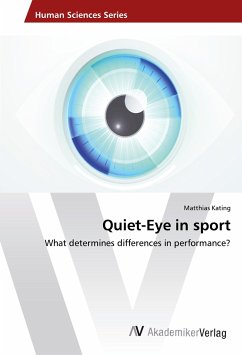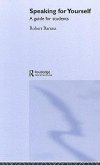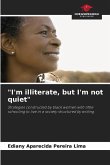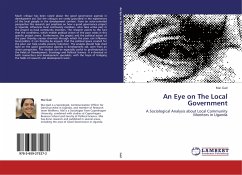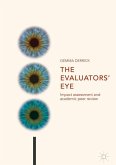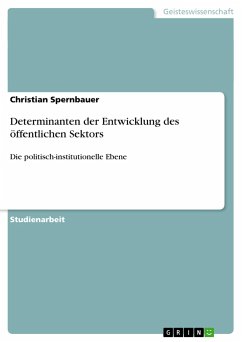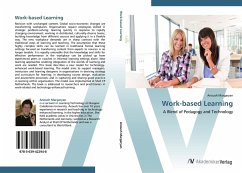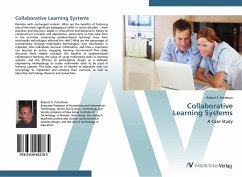This book analysis the role of the Quiet-Eye (QE) and its determinants regarding performance in sport. Due to a heterogenic literature this bachelor thesis attempts to give a holistic review over the QE and its determinants. First of all the QE and its determinants are defined. These are expertise, processing demands, timing, location of the QE, perception, anxiety and training. Expertise is identified as a very important determinants and will therefore be connected to all of the other determinants. Long Quiet-Eye durations occurring in accordance to external demands are identified as optimal. Timing, location and perception also play a key role for the QE and performance. Quiet-Eye trainings are identified as twofold beneficial: they protect against performance decreasing effects of anxiety and enhance performance. Results are linked to theories in order to explain their virtue. Finally, practical implications for Quiet-Eye trainings, a conclusion and implications for future research are made.
Bitte wählen Sie Ihr Anliegen aus.
Rechnungen
Retourenschein anfordern
Bestellstatus
Storno

